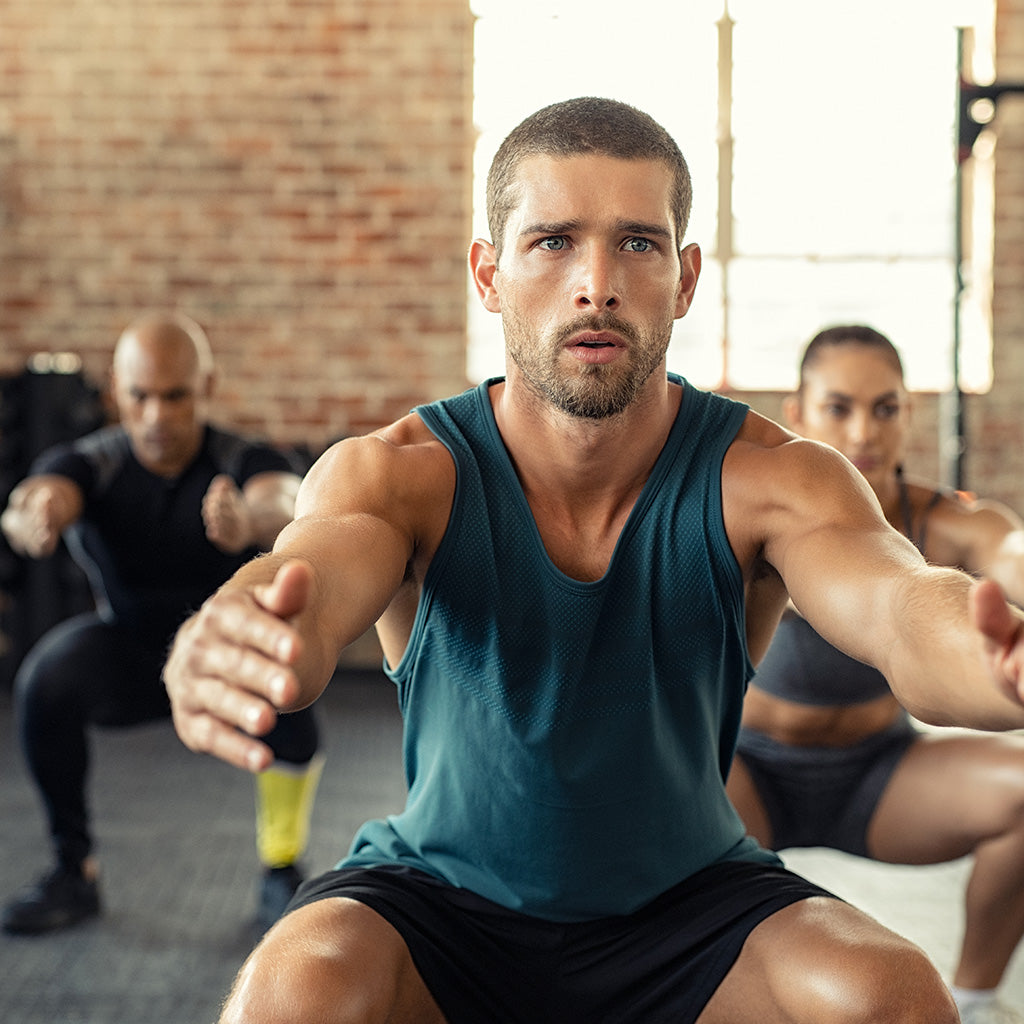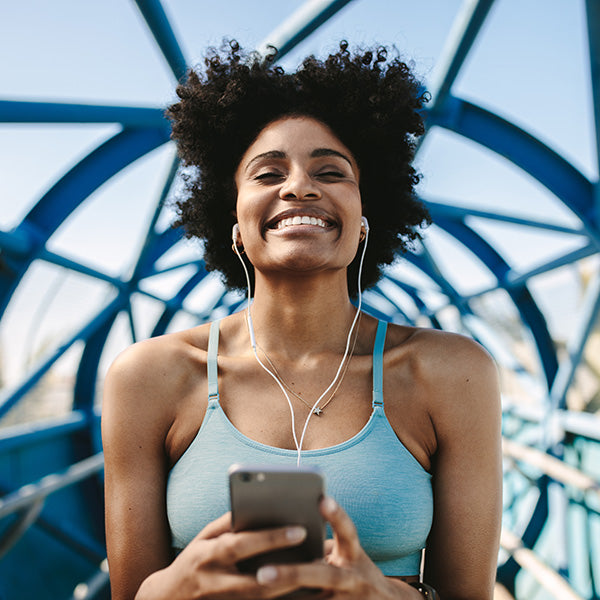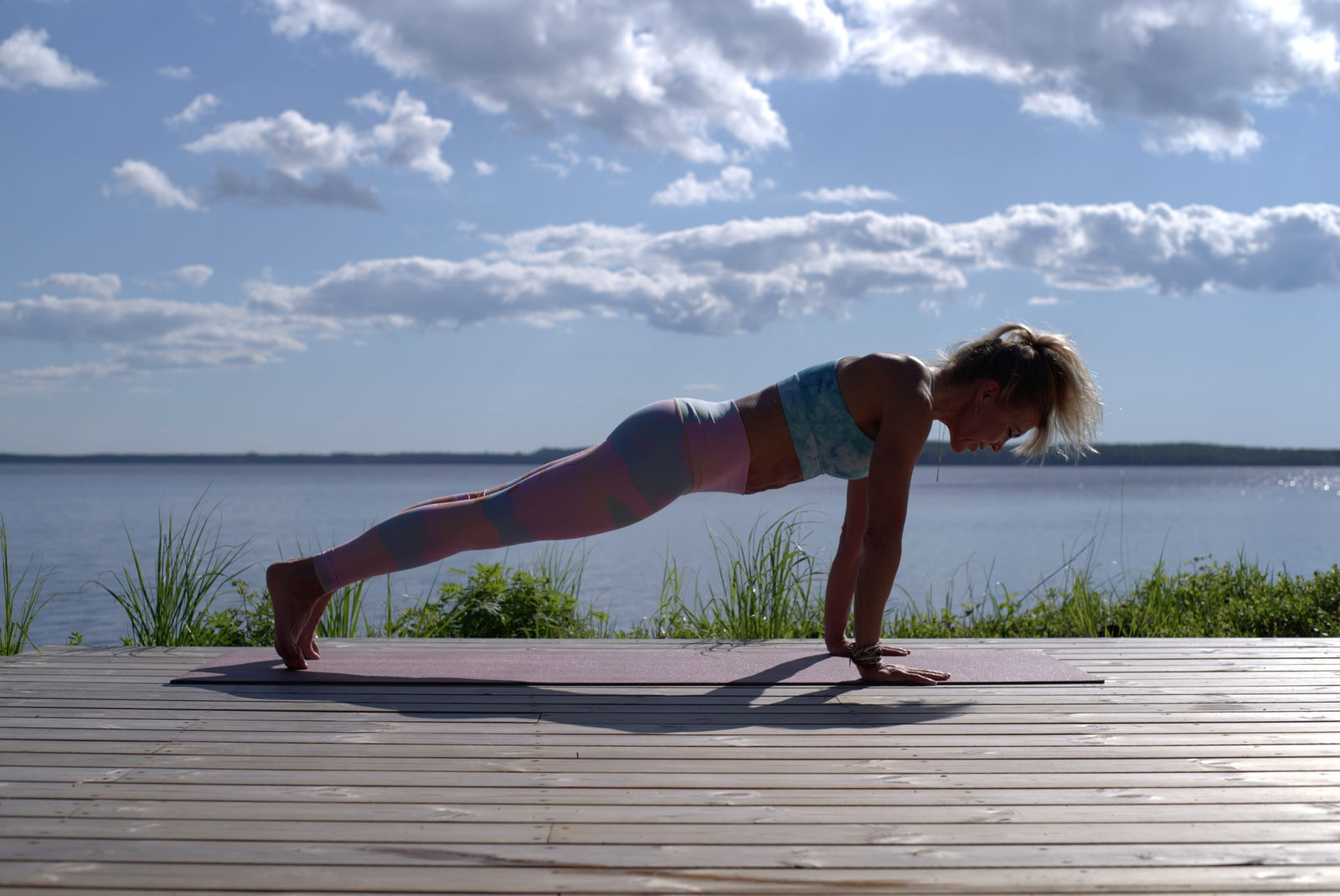Dehydration is probably one of the most overlooked conditions that doesn't get a lot of medical attention. After all, it’s normal to get thirsty, right?
But it’s more than just getting thirsty.
Dehydration happens when there’s not enough fluid in your body.
In fact, thirst isn’t always the best way to tell whether you’re dehydrated or not. Some people suffering from it don’t realize they are, until moderate to severe symptoms manifest. Hence, it’s important to keep yourself hydrated at all times, but more so during hot weather or when you’re sick.
With dehydration comes electrolyte imbalance.
This makes it a little tougher to perform physical activity, more so an intense one like a workout.
If you suspect dehydration, you should put off exercise until you’re fully rehydrated.
To find out if you need more fluid in your body, here are some signs and symptoms.
What happens when you’re dehydrated and still exercise?
By now we've established that working out dehydrated isn't ideal. And here are 7 reasons why!
You experience a higher heart rate.
This is because your heart has to double down on pumping blood. This means that even the lightest of workouts can make your heart beat faster and harder.
Blood volume depends on fluid found in your body. Without enough fluid, blood volume goes down and your heart needs to work harder to circulate the same amount of blood throughout your system.
Your body finds it harder to regulate your temperature.
When you work out, your body temperature goes up and your system needs fluid to cool it down. During intense physical activity, vital areas of your body like muscles and your cardiovascular system fight for fluid.
If you’re dehydrated, your cooling mechanism may not be as effective because the available fluid goes to these more important areas. This is especially true if you’re going through a high intensity workout and/or are in a warm environment.
The end result? You overheat.
You feel like barfing.
Because having enough fluid in the body helps regulate body temperature, dehydration can also cause fever and chills, eventually leading to nausea.
This could lead to a downward spiral when it’s not just nausea you experience, but vomiting as well.
Your experience low energy.
If you think the most obvious sign of dehydration is thirst, well think again.
The most important sign is low energy. If you’re feeling lackadaisical, lethargic and just fatigued, then it’s a clear sign you need to hydrate yourself.
Lack of water results in a slowdown in performance. You’ll start to notice that you can’t perform as well as you used to when NOT hydrated. All of a sudden you can’t complete a lap, lift some weights or perform that yoga headstand.
Your head hurts.
Dehydration actually results in the brain shrinking. Not having enough fluid in the brain causes it to contract. Dehydration headache ensues.
You’ll know a dehydration headache when the pain and tension are concentrated in the head, not anywhere else like neck or face. To know if your headache or migraine is caused by dehydration, pay attention to where you’re experiencing tension and pain.
Headache is a sign of trouble if you’re dehydrated. This is usually one of the late and most extreme cases of dehydration so run to the fridge and get a glass of ice-cold water, stat!
You feel dizzy.
Dehydration causes blood pressure to plummet. When this happens, a good amount of oxygen doesn’t reach the brain, which causes dizziness.
You keep cramping out.
Because various areas of your body are all fighting for available fluid, your muscles are likely to falter and you’ll start getting cramps.
What to do if you’re feeling dehydrated?
Get yourself a bottle of water and hydrate!
No frills solution – get yourself out of dehydration and grab a bottle of water.
In fact, the American College of Sports Medicine recommends that you properly hydrate yourself pre- and post-workout. [1]
Do you know what’s better than that? Keep yourself hydrated, not just pre- and during a workout, but throughout the day!
According to Douglas Casa, Ph.D., chief executive officer of the Korey Stringer Institute and research associate in the Human Performance Laboratory at the University of Connecticut: [2]
“During an activity, your thirst is a fantastic cue. Thirst kicks in when you’re somewhere around 2 percent dehydrated. If you squelch it then, you can stay below 2 percent, which is a good place to be. If you meet your thirst, then you won’t over hydrate.”
Add electrolytes into the mix.
According to Healthline, electrolytes “use their electrical energy to facilitate important bodily functions.” [3]
Electrolytes keep the body properly hydrated, which makes the muscles and nerves oiled enough to function efficiently. This is exactly what you need when working out!
While you can get electrolytes from natural sources, you can also get your instant fix through supplements like the VALI Electrolyte Salts + Caffeine – Hydration Energy Support and VALI Electrolyte Salts – Hydration Support.
Want to learn more about electrolytes? Read this article: Are electrolytes good for you?
Sources
[2] https://ksi.uconn.edu/2018/01/27/this-is-how-being-dehydrated-impacts-your-workouts-self/








